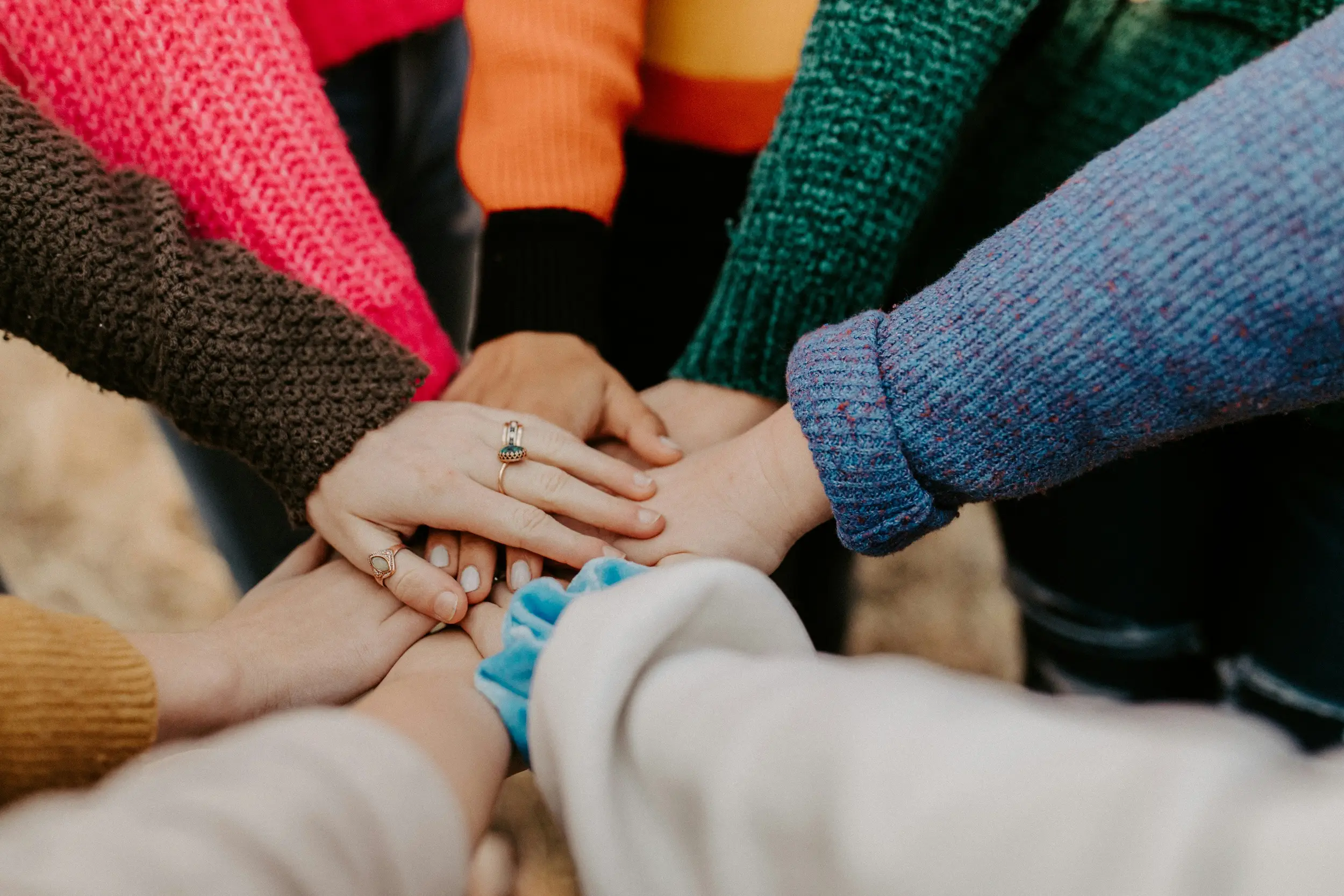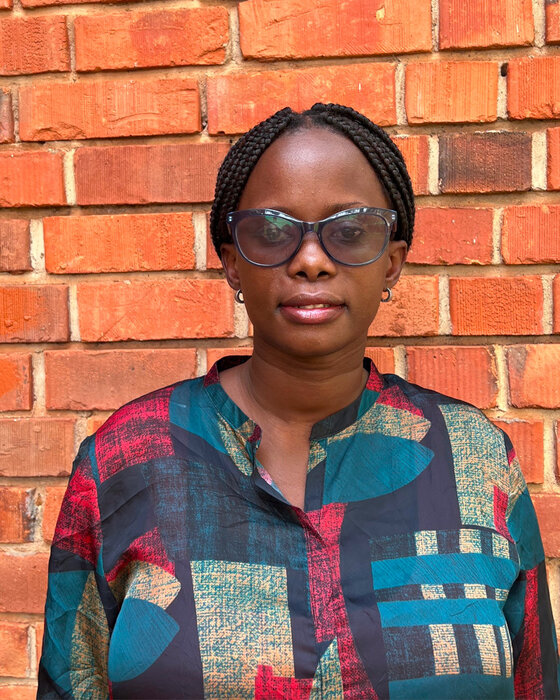

Linking and Connecting Women in Earth Observation and Earth Intelligence
Concept
The adoption of Earth observation (EO) and Earth Intelligence (EI) technologies has significantly advanced global understanding of environmental dynamics and challenges, enabling data-driven decision-making across sectors such as agriculture, food security, disaster resilience, and climate change. As the Group on Earth Observations (GEO) prepares its Post-2025 Strategy, fostering collaboration and strengthening the networks of women’s participation in marginalized communities within these fields is essential for building a collaborative, accessible Earth data ecosystem. However, despite their role in EO and EI, women remain underrepresented, with many impact stories left untold, limiting their participation in applying EO and EI to solve environmental challenges.
Women’s role in agriculture, food security, and community resilience against climate-related hazards and disasters, especially in rural and marginalized areas of the Global South, cannot be underestimated. They are often the primary stewards of natural resources, key players in household food production and supply management, and central to community disaster preparedness, resilience building, and recovery. Yet, participation and active engagement in EO and EI fields remain limited due to barriers such as limited access to training, technology, and financial resources. Similarly, women in the Global North face biases and limited access to opportunities, resulting in underrepresentation in leadership positions within EO and EI.
Objectives
The purpose of this project is to contribute to an inclusive GEO Post-2025 Strategy by measuring and communicating the role women play and the impact they make in EO and EI, creating a more inclusive environment where women can lead and innovate in EI for sustainable development. Empowering women in these critical areas will not only enhance EO and EI applications but also drive transformative participation in global challenges in agriculture, disaster management, energy, and climate change.
Bridging this gap by connecting women in EO and EI from the Global North and South can enhance knowledge-sharing and mentorship and provide a safe space for collaboration and innovation. By focusing on areas where women play essential roles—such as agriculture and food security, weather forecasting, hazard monitoring, and climate resilience—we aim to harness women’s insights and lived experiences to address pressing challenges using EO and EI. Such collaboration will foster data accessibility, capacity-building, and technology transfer, empowering women to contribute equitably to GEO’s Work Programme and Strategy.
Points of Contact




